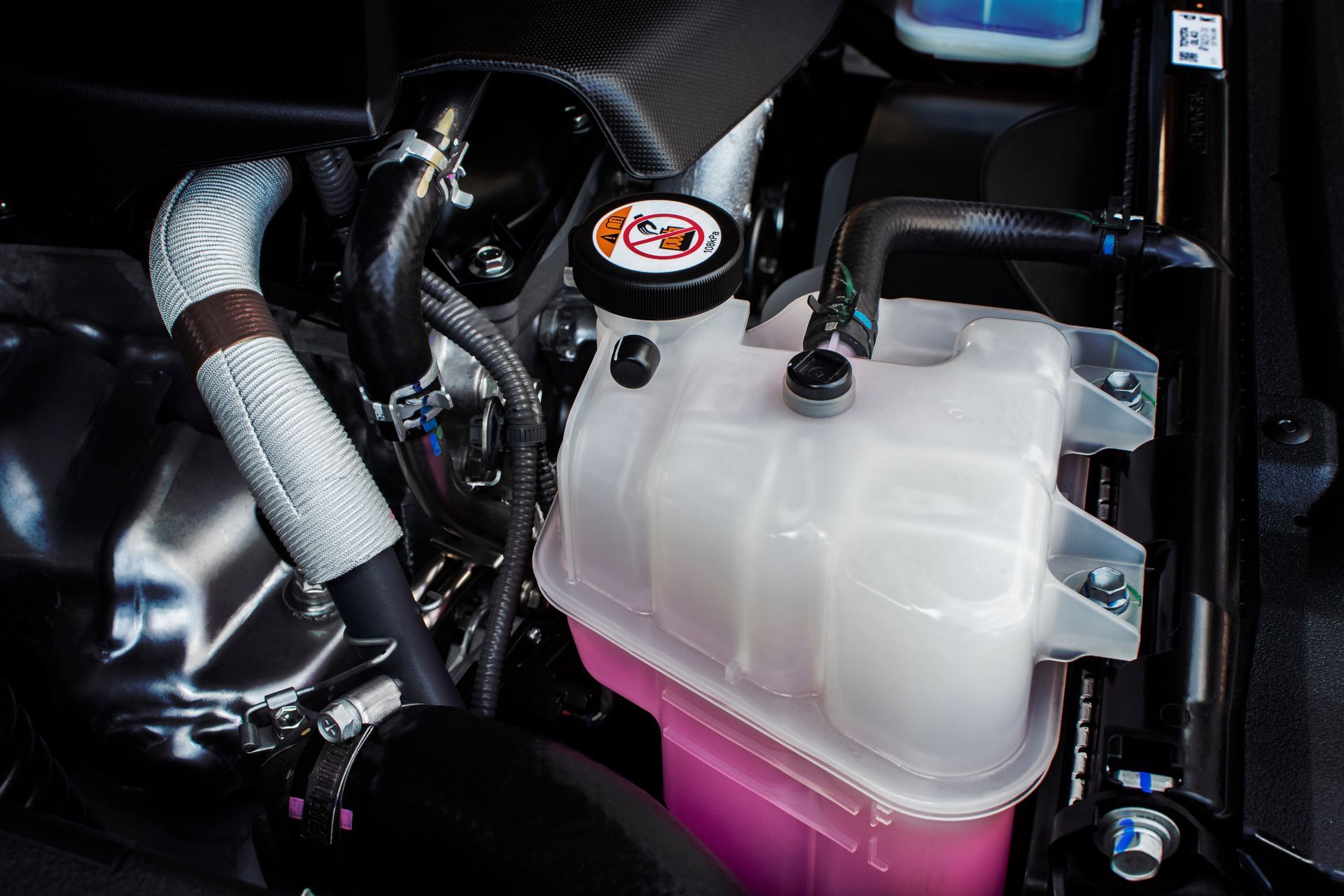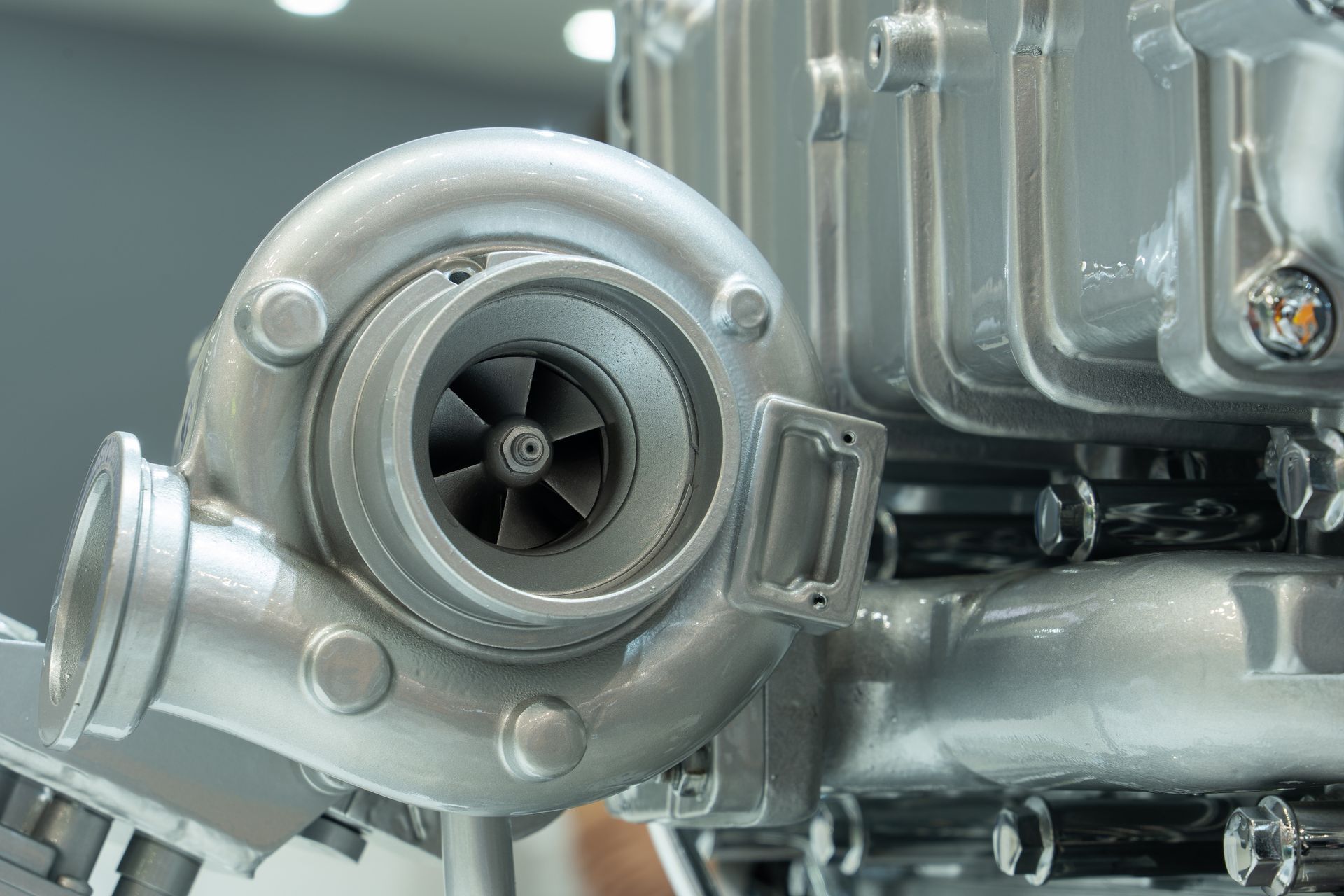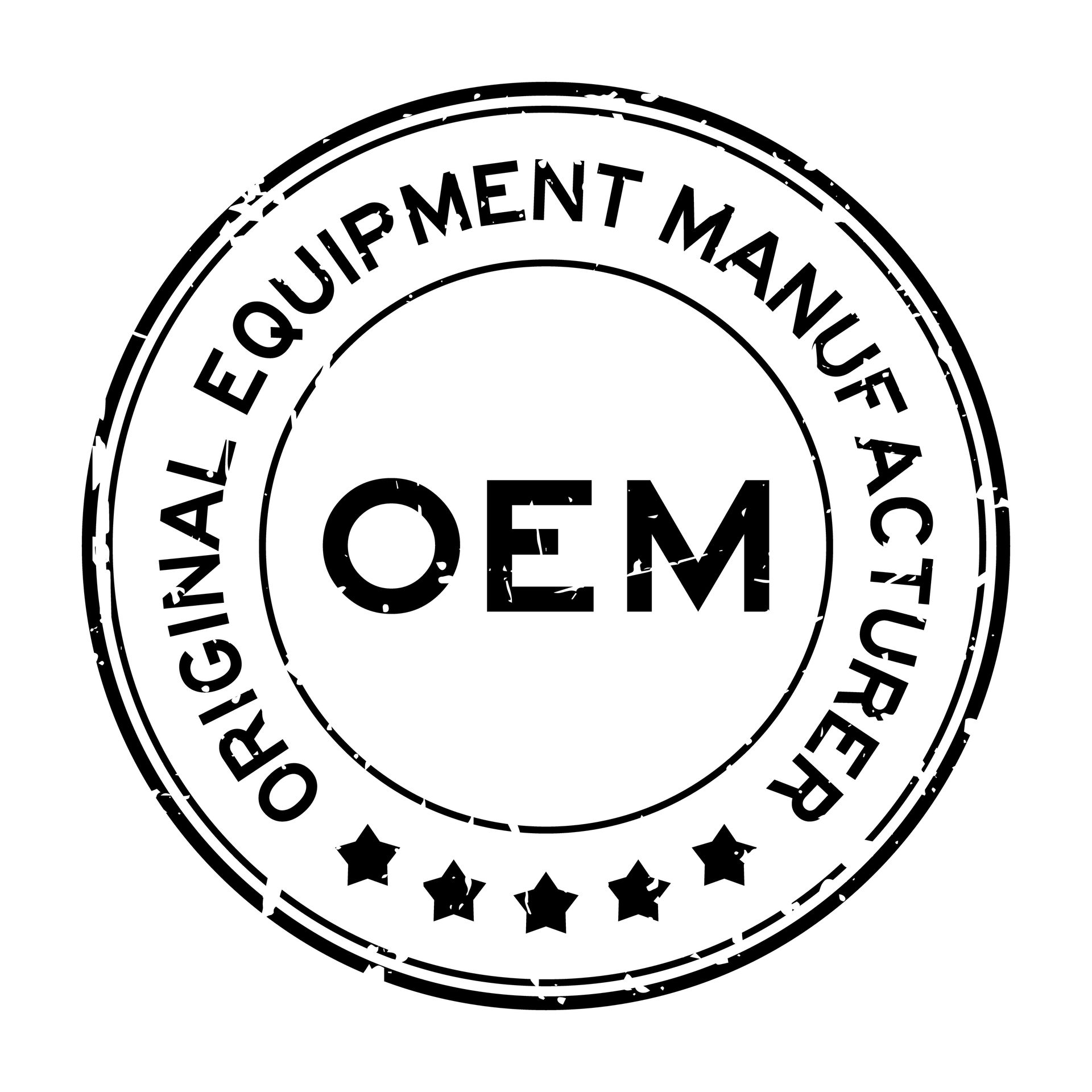With the growth of technology & breakthroughs in automobile engineering, European vehicles, in particular, have grown increasingly complicated. The anti-lock braking system (ABS) is among the most complicated systems in current European vehicles. This device is intended to increase vehicle safety by reducing wheel locking after a quick stop.
What Is ABS?
ABS is a key safety element featured in current European automobiles. Its major function is to keep the wheels from locking up during hard braking, resulting in enhanced control & stability.
ABS maintains traction by continually monitoring the speed of each tire & regulating the braking pressure. This innovative technology improves the vehicle’s capacity to stop swiftly & efficiently, lowering the danger of accidents & enhancing overall road safety.
Four Types Of ABS Systems In European Vehicles
European vehicles feature four main types of ABS systems, each with its own unique characteristics & advantages.
- Four-Channel, Four-Sensor ABS:- This is the most advanced & sophisticated ABS system. It consists of four sensors, one for each wheel, & four channels, one for each brake. The system continuously monitors the speed of each wheel & independently adjusts the brake pressure for each wheel. This provides precise control & ensures maximum stability & traction in all driving conditions.
- Three-Channel, Three-Sensor ABS:- This system is commonly found in older European vehicles. It uses three sensors, one for each front wheel & one for both rear wheels. It has three channels, one for each front brake & one for both rear brakes. While not as advanced as the four-channel system, it still provides effective control & stability during sudden stops.
- One-Channel, One-Sensor ABS:- This system is typically found in older or smaller European vehicles. It uses only one sensor, usually located on the rear axle, to monitor the speed of all wheels. It has one channel, which adjusts the brake pressure for all wheels simultaneously. Although it is less sophisticated than other systems, it still improves vehicle safety by preventing wheel lockup.
- Rear-Wheel ABS:- This system is primarily used in motorcycles & some older European vehicles. It monitors & controls the brake pressure only for the rear wheels. While it may not provide the same level of control & stability as other ABS systems, it still offers improved braking performance & helps prevent skidding.
Understanding the different types of ABS systems in European vehicles is essential & vital for making informed decisions regarding repairs & upgrades. Each system has its own advantages & limitations, & knowing which type your vehicle is equipped with can help ensure the proper maintenance & servicing.
How Does ABS Work?
The anti-lock braking system (ABS) monitors the speed of each wheel continuously. When the system senses that a wheel is ready to lock up while braking suddenly, it regulates the brake pressure for that wheel. ABS stops the wheel from entirely locking up & preserves traction by swiftly releasing & reapplying braking pressure.
This really enables the driver to maintain steering control & stability even when braking in an emergency. ABS technology is essential & vital in current European automobiles because it increases braking performance & overall road safety.
What Are The Advantages Of ABS Systems
- Increased Safety:- The primary advantage of ABS systems is the improved safety they provide. The device prevents the wheels from locking up during braking, aiding the driver to keep control of the car, thus lowering the danger of an accident.
- Shorter Braking Distances:- ABS systems help to reduce braking distances significantly, which can be especially useful in emergency situations. Shorter braking distances also mean that the driver has more time to react to sudden changes on the road.
- Better Traction:- ABS systems help to maintain traction between the tires & the road, even during heavy braking. This can be particularly helpful on wet or slippery roads where losing traction can be a serious safety concern.
- Increased Stability:- By preventing the wheels from locking up, ABS systems help to maintain the stability of the vehicle during braking.
Overall, the advantages of ABS systems are clear. By improving safety, reducing braking distances, maintaining traction, & increasing stability, these systems play a crucial role in keeping European vehicles safe & reliable on the road.
Why Is ABS Important In European Vehicles?
Due to high-speed driving situations on European highways, ABS is very important in European automobiles. These cars frequently include innovative features & can achieve high speeds.
As a result, drivers must be able to safely & rapidly stop their vehicles in an emergency. The ABS system provides this vital function, which aids drivers to maintain control of their vehicle when stopping quickly, reducing accidents & ensuring safety.
Furthermore, because many European cars are geared for performance, they generally have higher-powered engines & better handling, emphasizing the importance of an effective braking system. As a result, ABS is an essential safety component in European automobiles.
Bottom Line
European vehicles are renowned for their high-quality engineering & advanced technology & their ABS systems are no exception. These automobiles have four distinct sorts of ABS systems, each with its own set of features & benefits.
ABS systems have several advantages, including enhanced control, increased safety, & shorter stopping distances. Understanding the necessity of ABS in European vehicles is essential & vital for appropriate maintenance & repair, whether you’re a car enthusiast or a professional technician.










